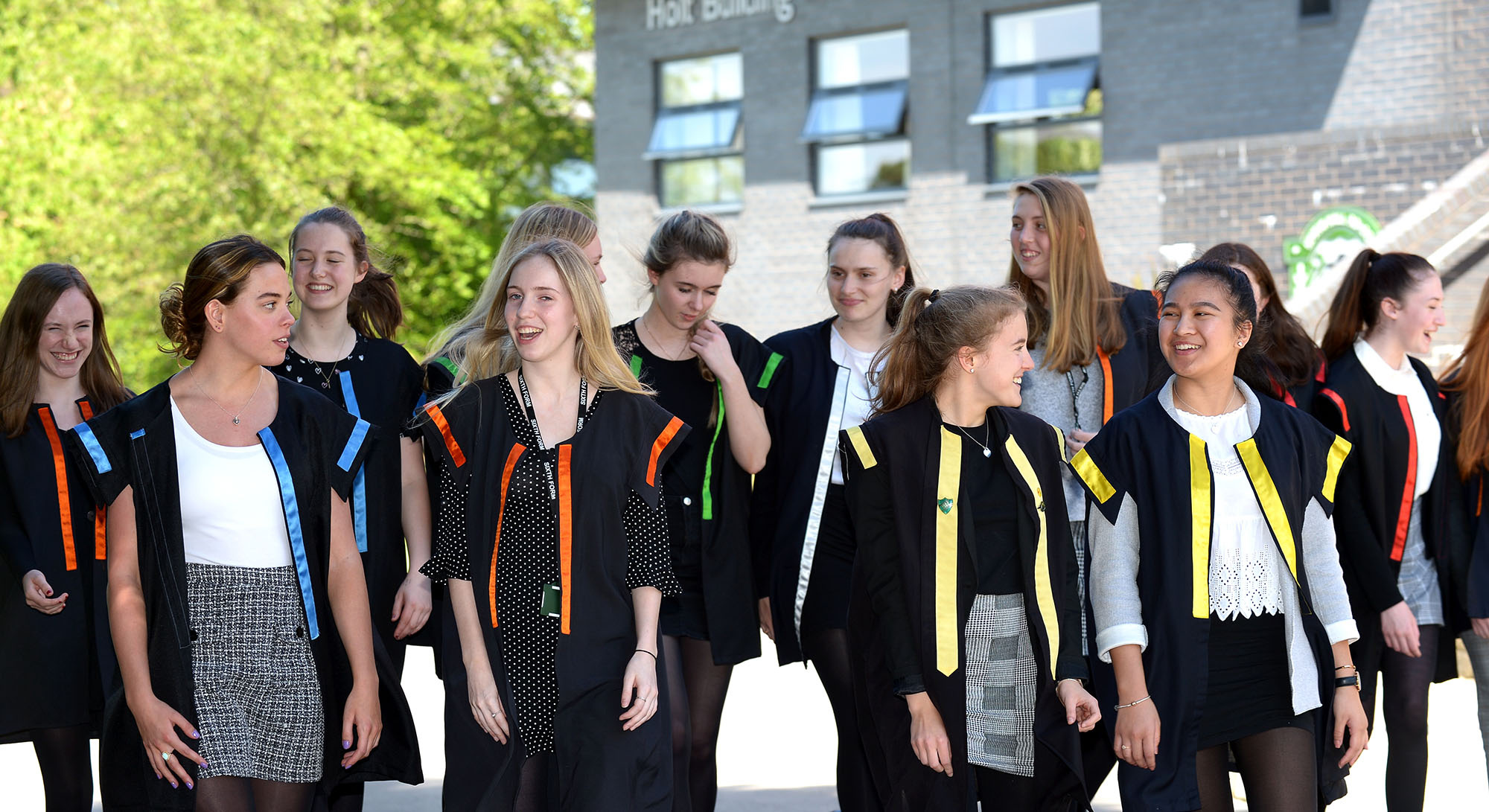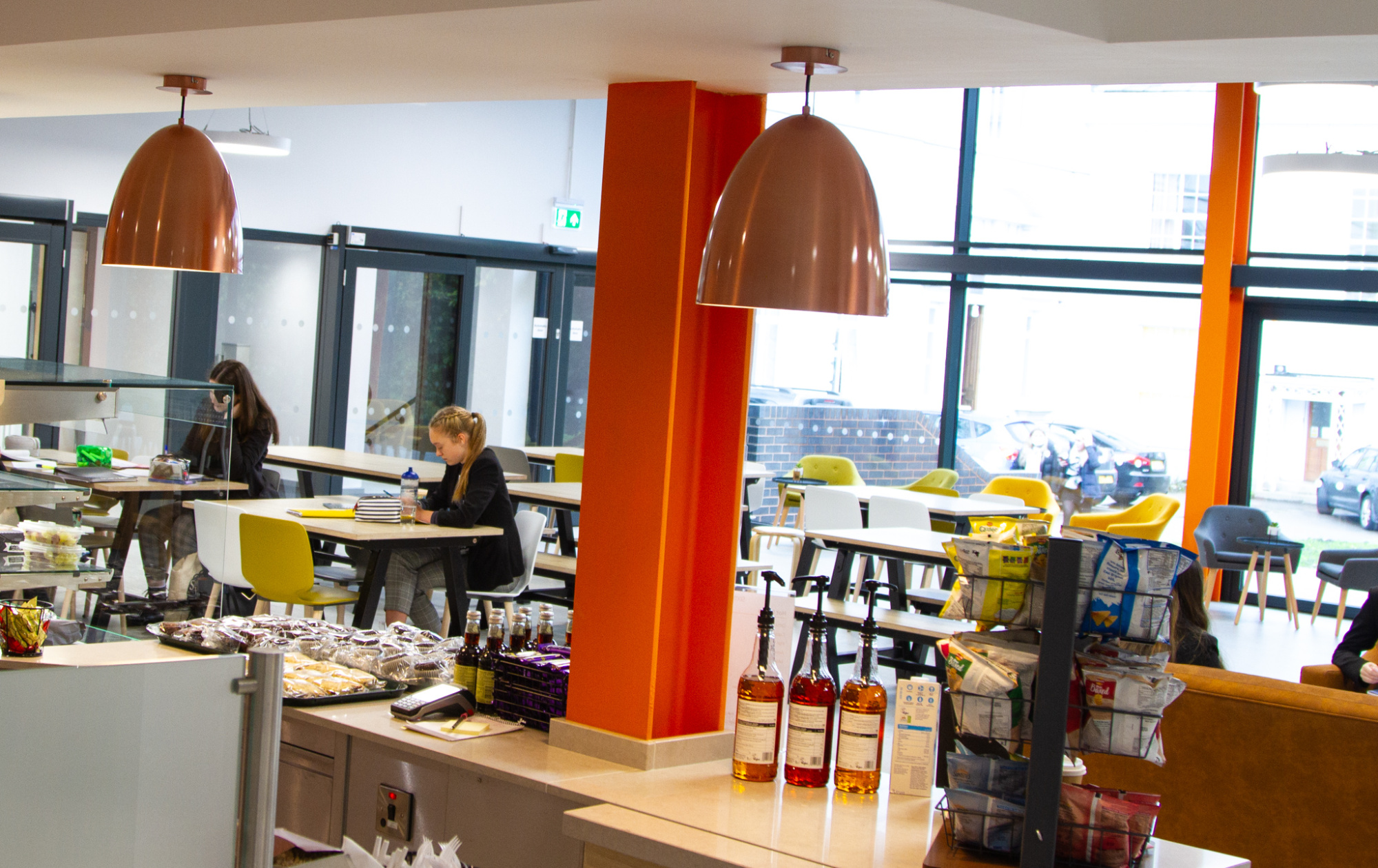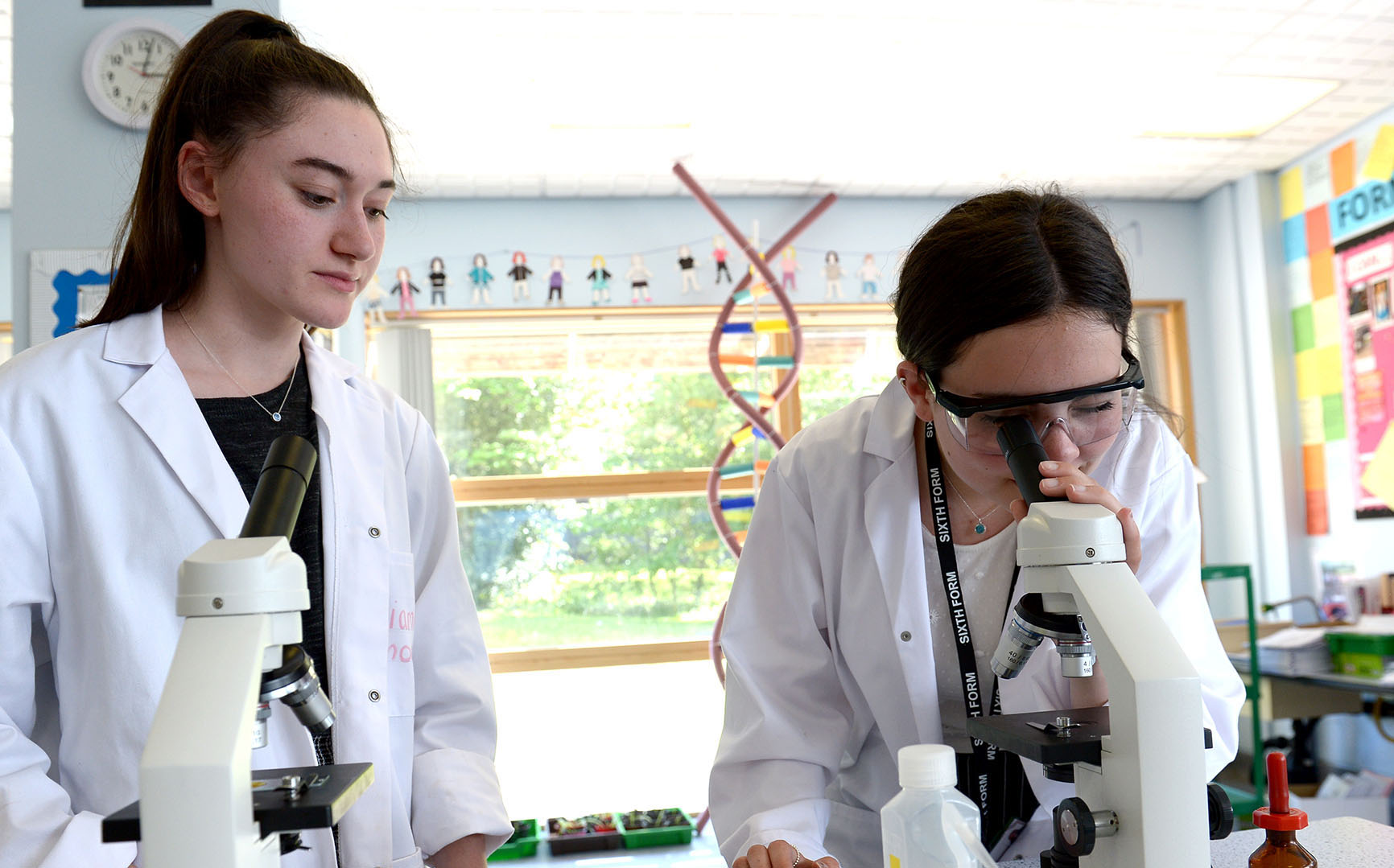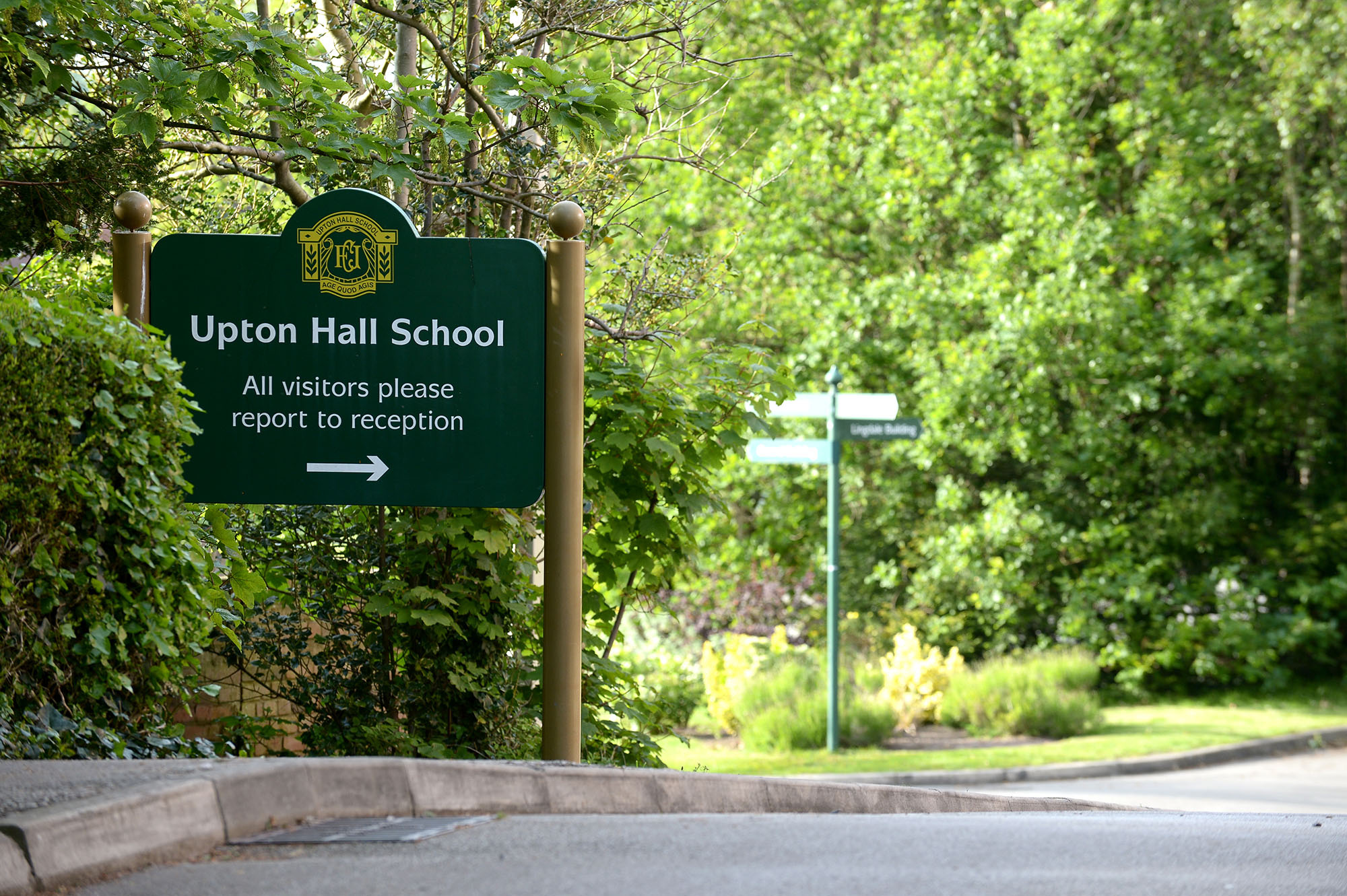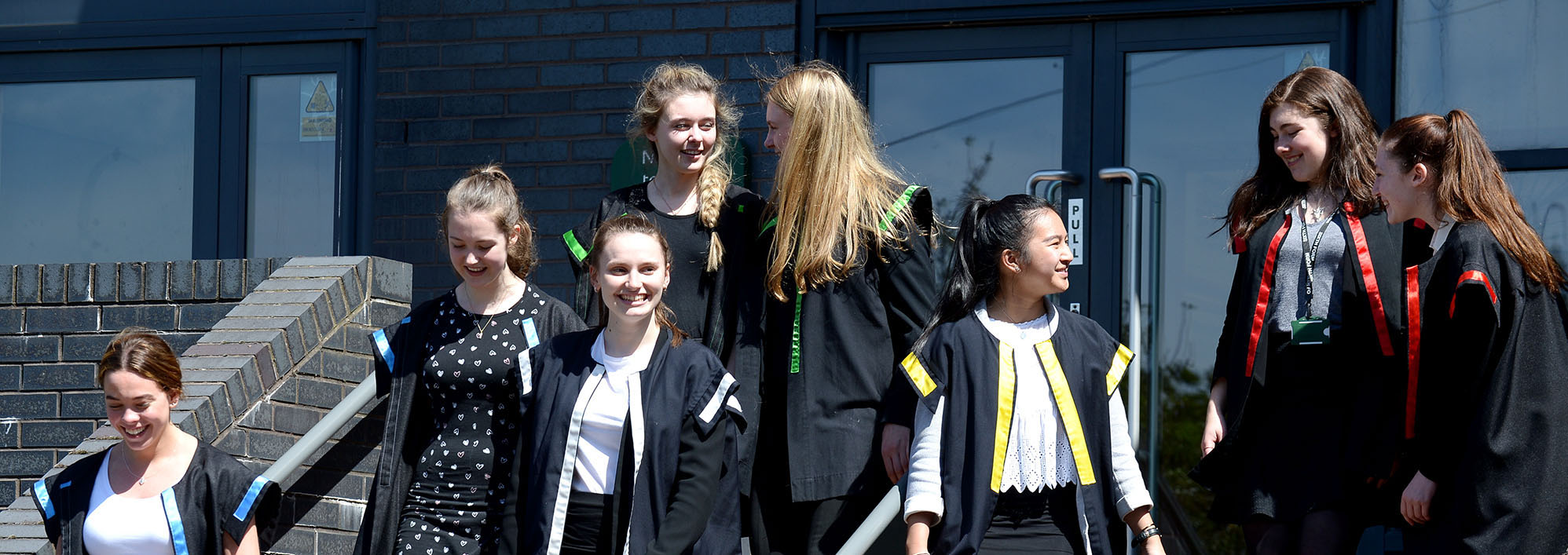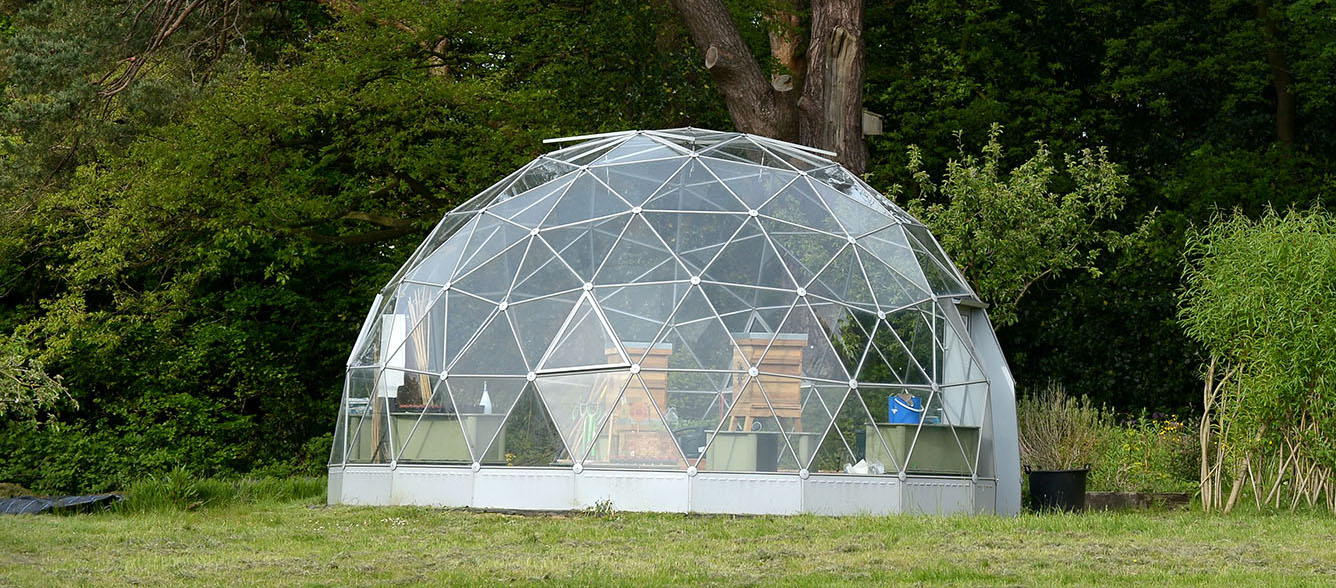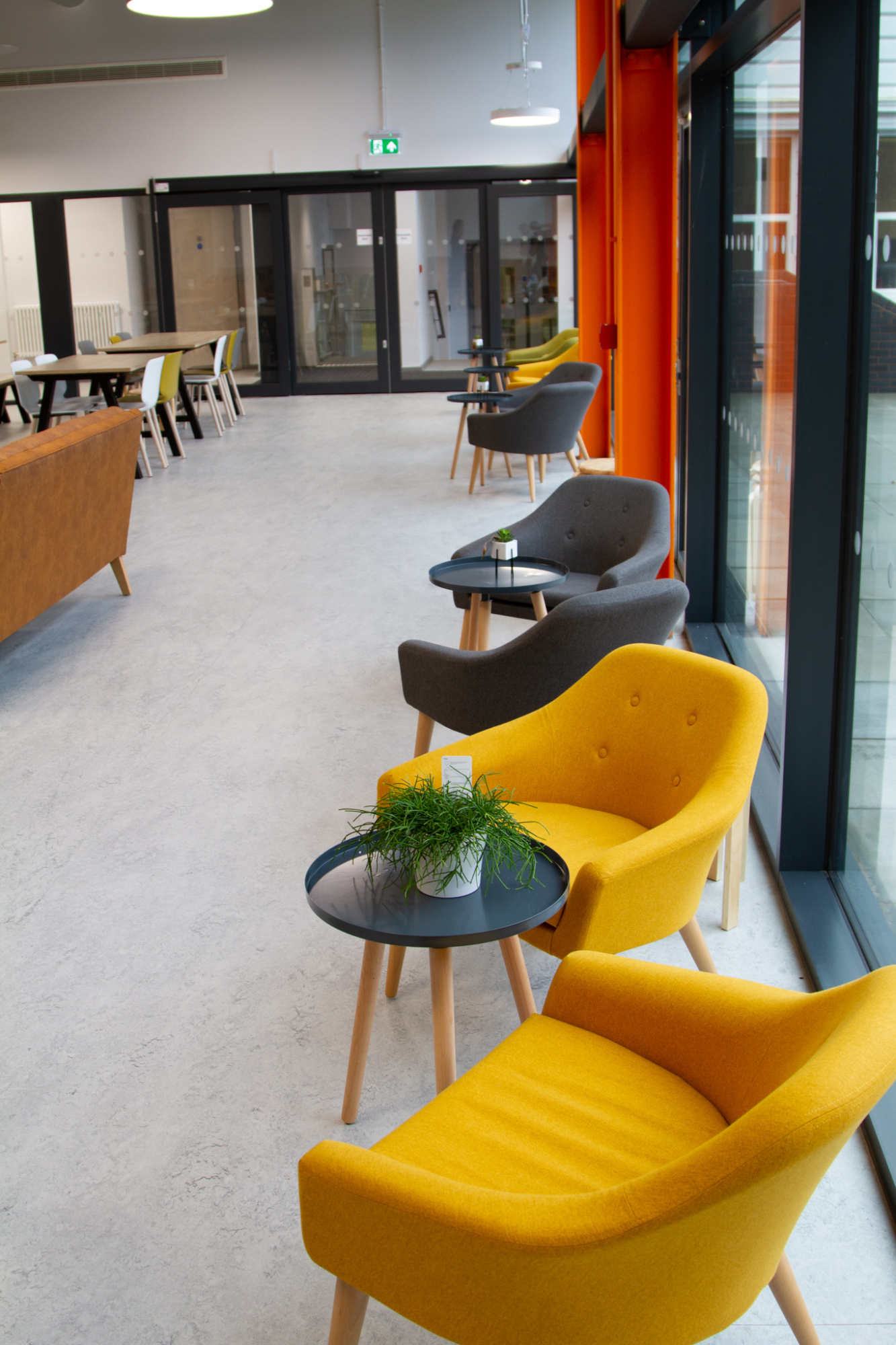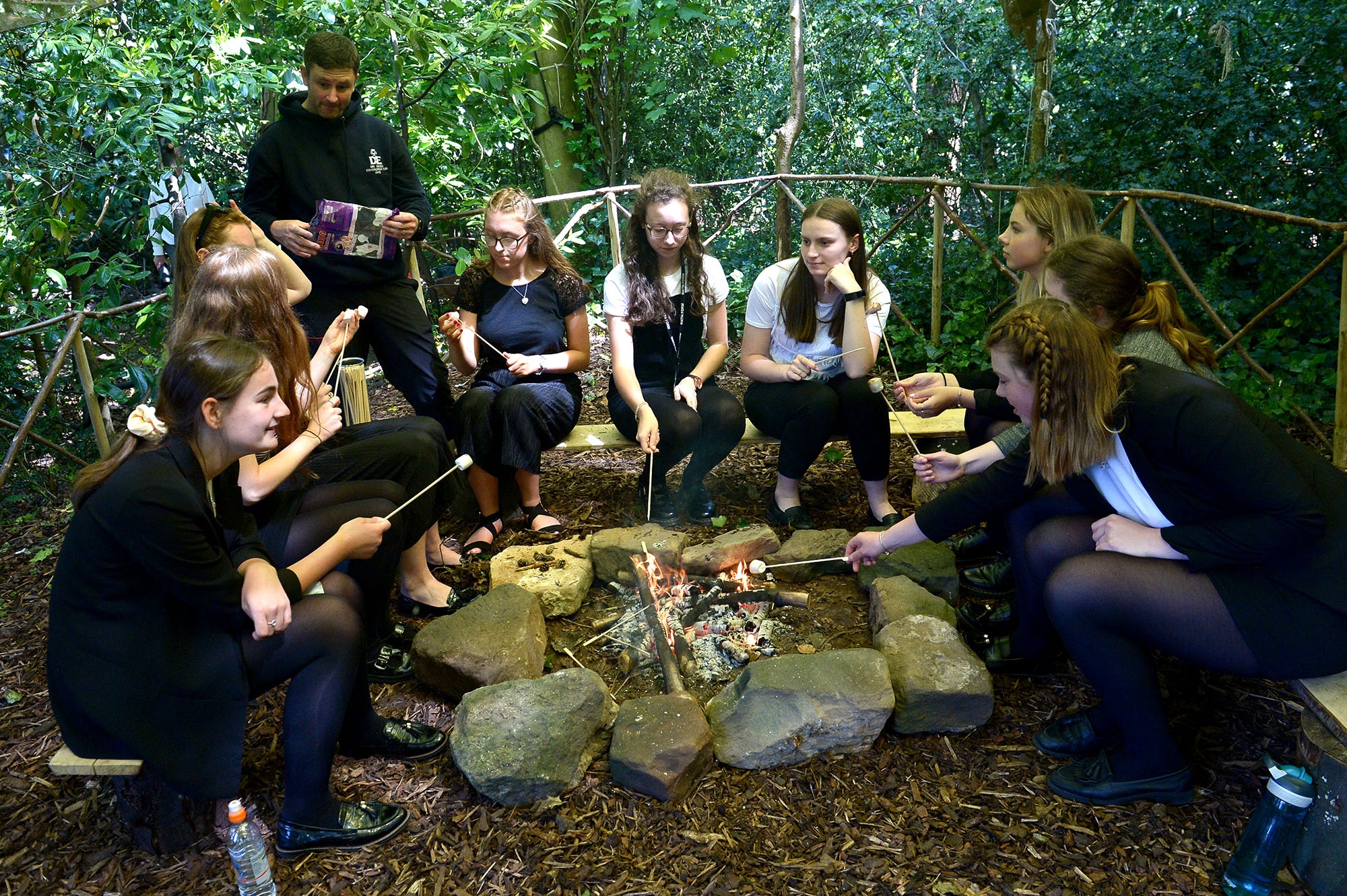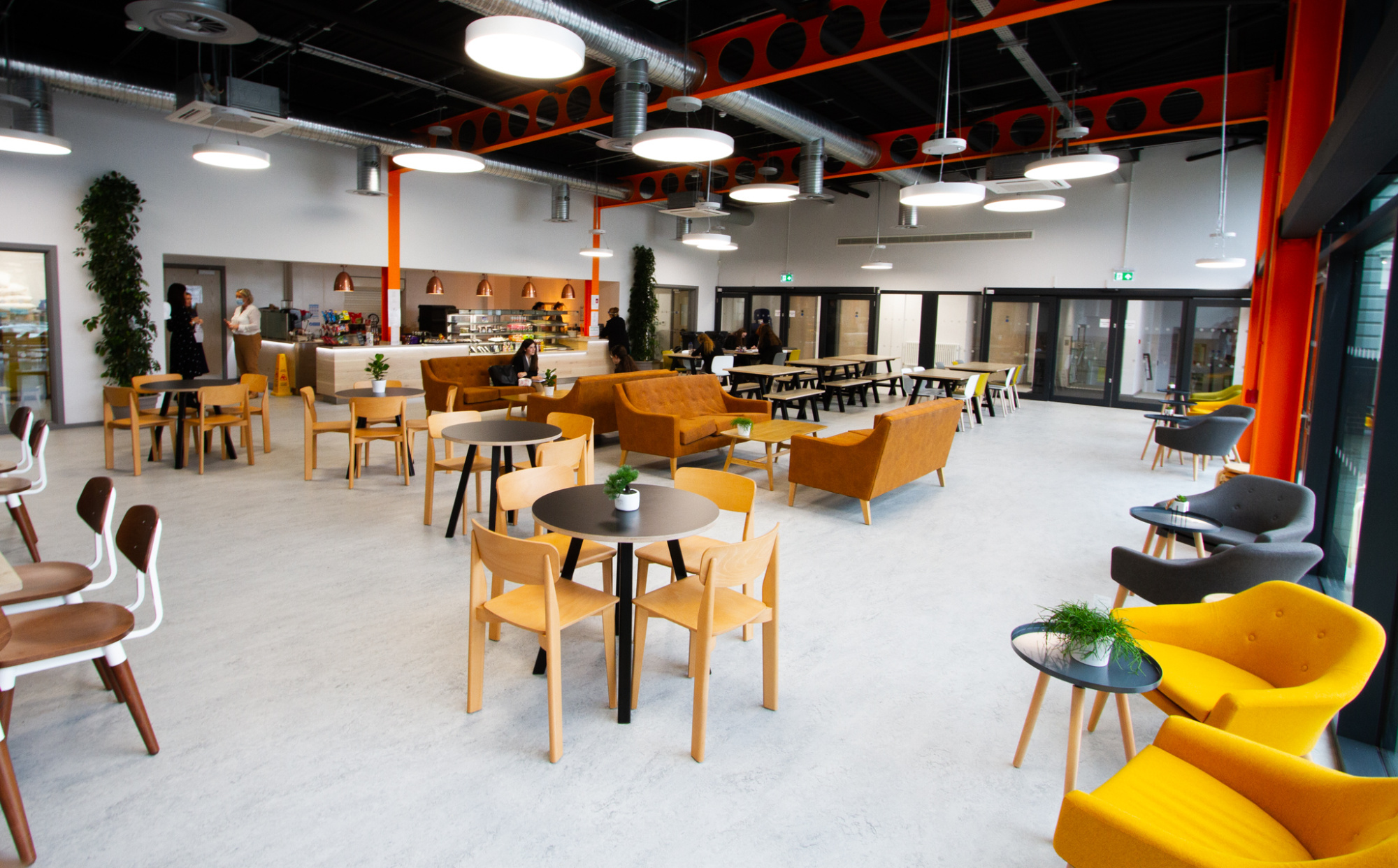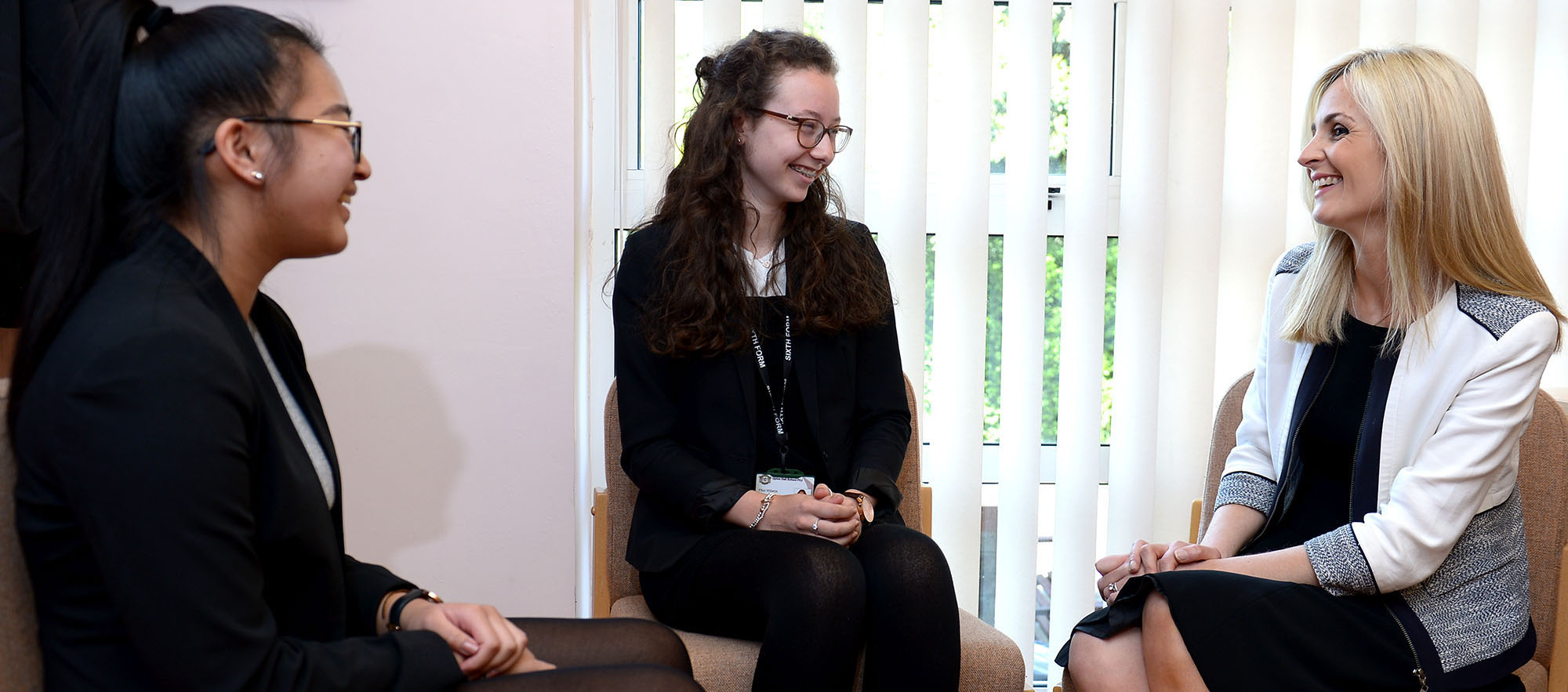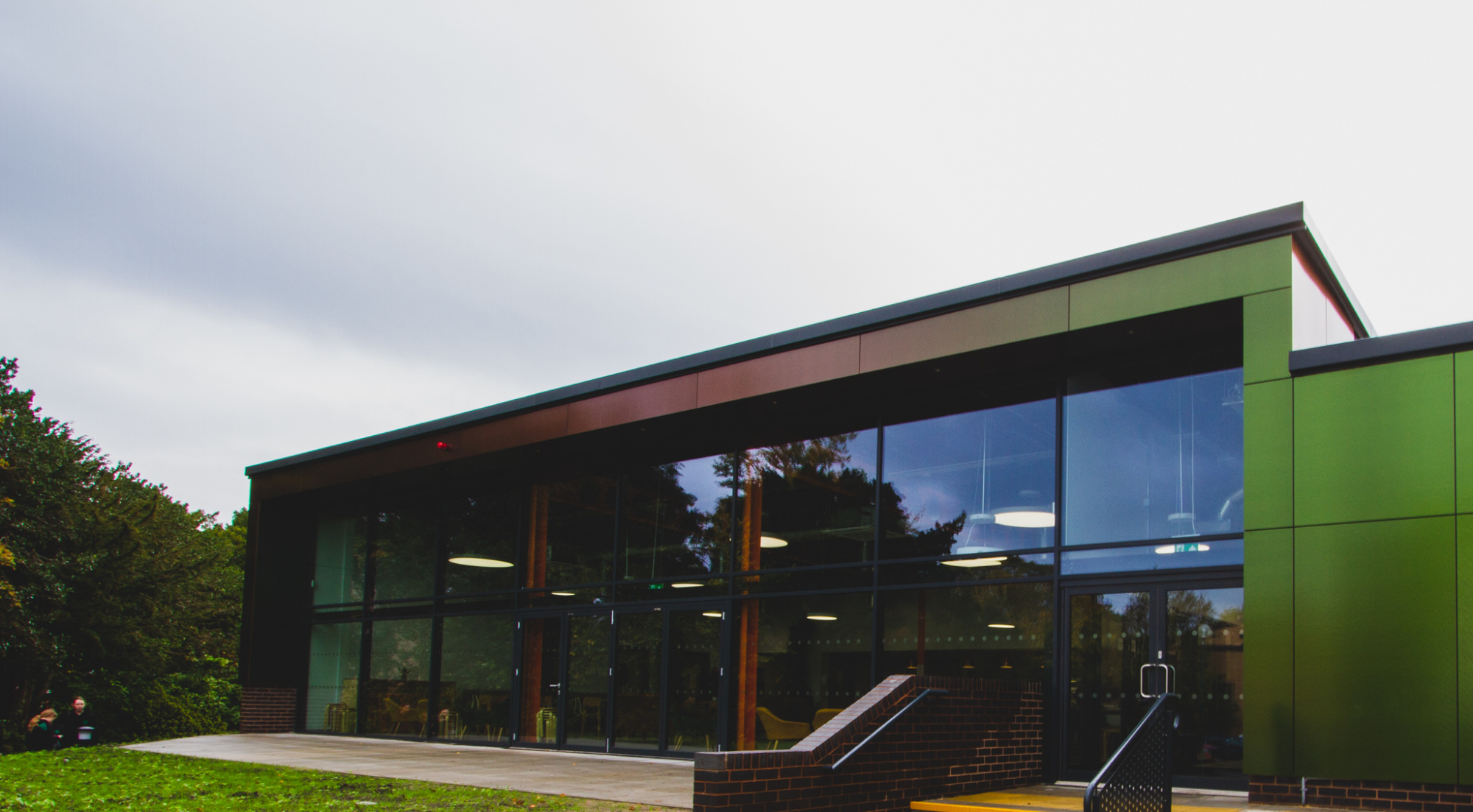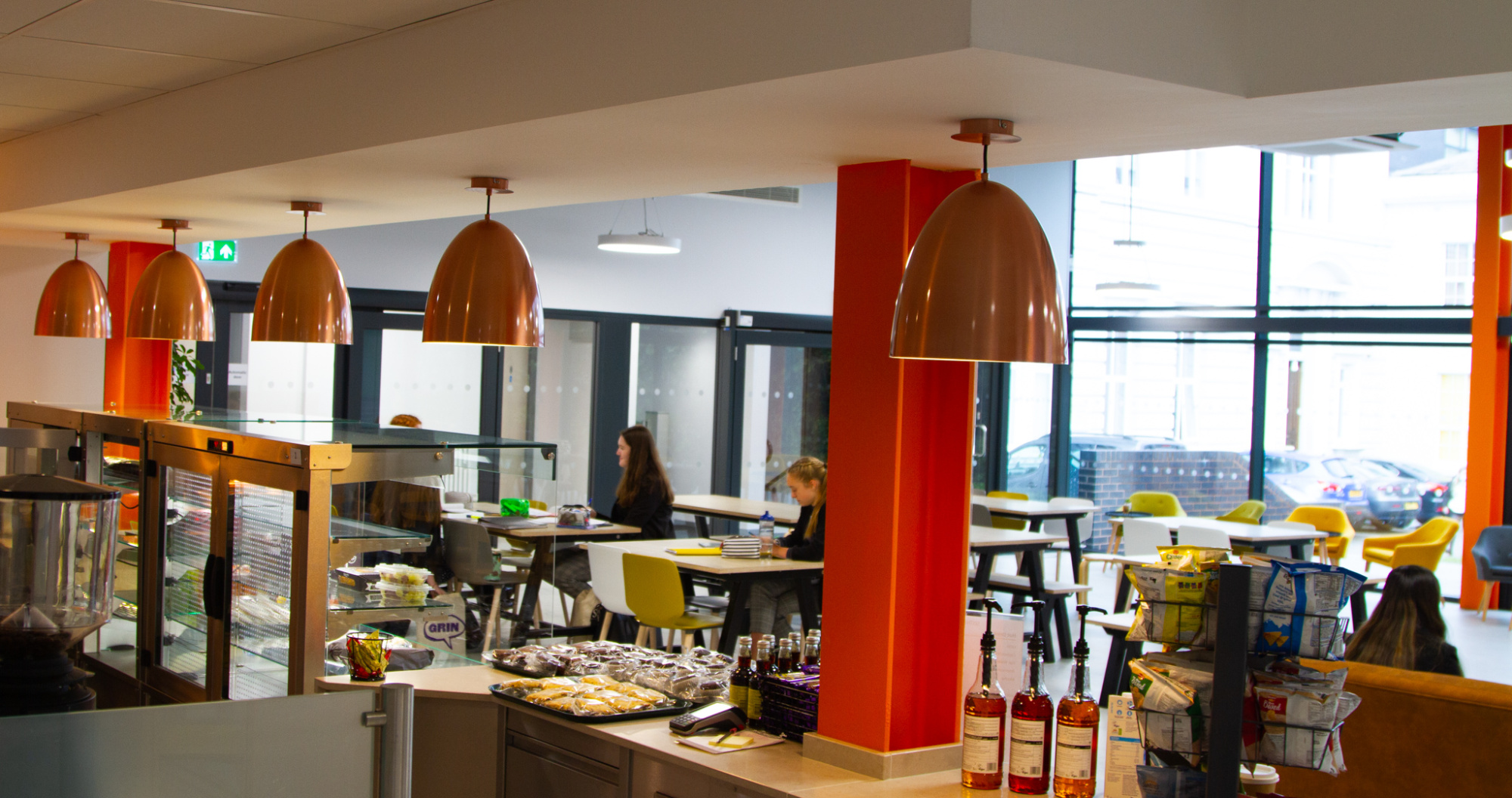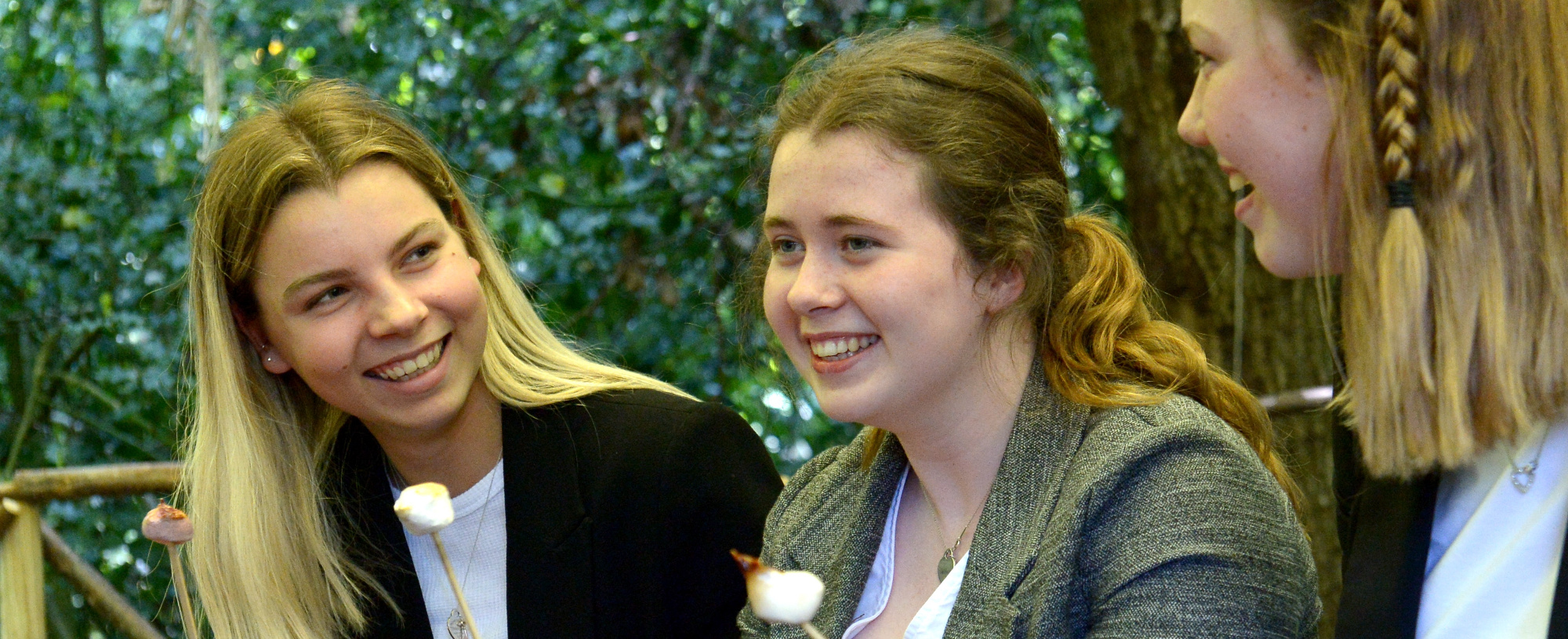Sociology
Course Overview
A level sociology examines social behaviour from a variety of perspectives : how it originates and then develops, and the ways people are organised into groups. The course looks at the institutions and forces which shape and are shaped by groups within a society, such as media, religion and education.
A level sociology focuses on contemporary UK society, providing an awareness of the importance of social structure and actions in explaining social forces and issues. For example, you may consider why working class boys don't make as much educational progress as other groups of young people in society or why fewer couples are marrying.
Entry Requirements
A minimum of a grade 5 in GCSE English is required to study in A level Sociology.
| AQA Exam | Paper 1 : Education with Theory and Methods |
Paper 2 : Topics in Sociology Part 1. Families and Households Part 2. Beliefs in Society |
Paper 3 : Crime and Deviance with Theory and Methods |
|---|---|---|---|
| Length | Written exam 2 hours | Written exam 2 hours | Written exam 2 hours |
| Weighting | 80 marks in total; 33.3% of A Level | 80 marks in total; 33.3% of A Level | 80 marks in total; 33.3% of A Level |
Topics Covered
In the AQA specification, students must study the following two core themes :
- socialisation, culture and identity
- social differentiation, power and stratification
The central focus of study in this specification is on UK society today, with consideration given to other contexts where relevant, including the study of UK society within its globalised context.
The following topics are covered :
1. Families and households (Topics in Sociology)
2. Education with Theory and Methods
3. Crime and Deviance with Theory and Methods
4. Beliefs in society (Topics in Sociology)
Beyond The Classroom & Future Prospects
Students studying Sociology A Level may wish to study a social science at university, whether that is in Sociology itself or a related discipline such as education, social work, law, policing, politics or criminology. Some students use Sociology A level as a way of developing their critical thinking and analysis skills, research skills and data interpretation skills and, therefore, may go on to study something completely unrelated in higher education or even an apprenticeship. Whatever path they take. they will have gained transferrable skills and a real sense of cultural and social awareness.




